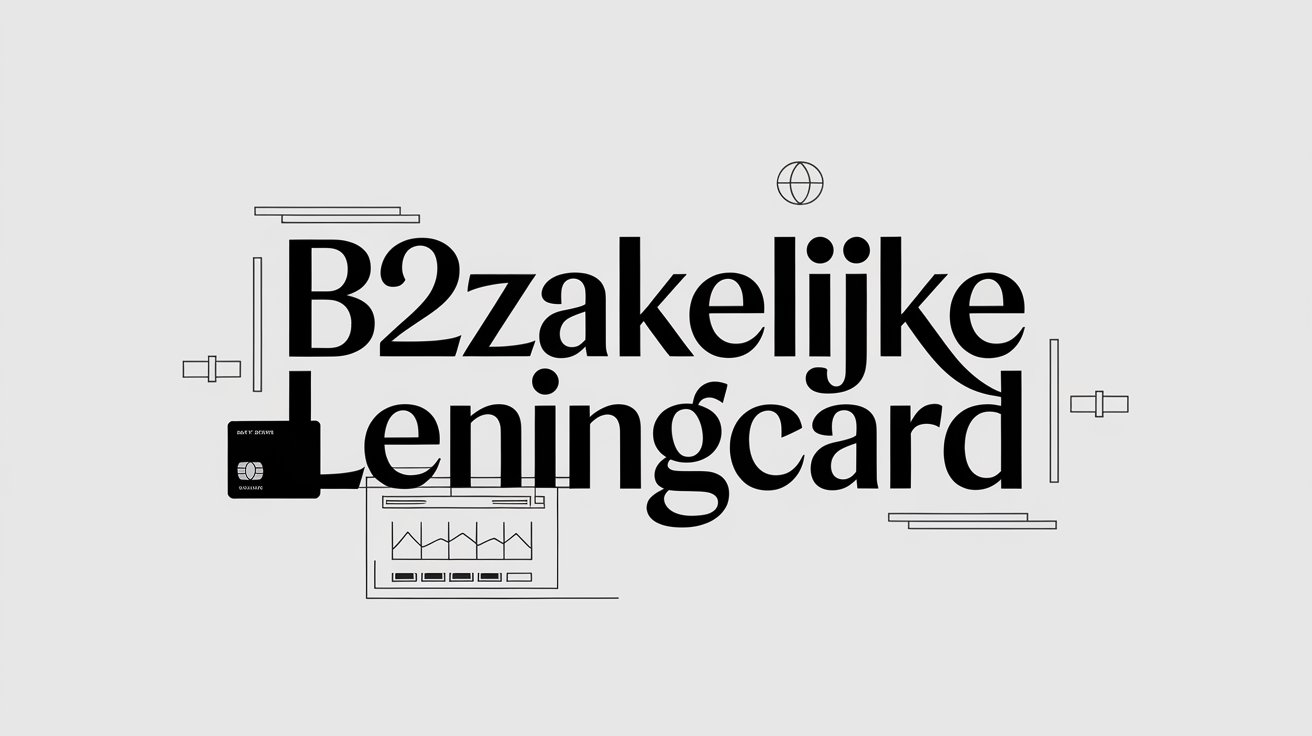What Happens When You Search for Nothing?
Ever stared at your screen and typed something random—say, “ohilfozcovaac”—just to see what would happen? You press enter, expecting at least something, and suddenly… nothing. No results. No suggestions. No context. Just a vast digital silence.
In a world where Google seems to know everything, encountering a blank page can be oddly jarring. It sparks curiosity. Why doesn’t this exist? What even is “ohilfozcovaac”? Is it a typo? A secret code? A mistake?
Let’s unpack this odd string of characters and explore what makes it such an intriguing modern mystery.
Detailed Table of Biography for “Ohilfozcovaac”
| Attribute | Details |
|---|---|
| Name | Ohilfozcovaac |
| Pronunciation | oh-hil-foz-co-va-ak (estimated) |
| Meaning | No known meaning or definition |
| Origin | Unknown; possibly random string or typing error |
| First Appearance Online | Not traceable; likely not documented |
| Search Volume (2024–2025) | 0 (No data available) |
| Search Intent | Ambiguous or non-existent; likely typo or curiosity |
| Top Search Results | None found — typically displays “No results found” |
| Featured Snippets | None available |
| People Also Ask (PAA) | No associated questions generated |
| Keyword Variants | None recognized |
| Ranking Competitors | None — no websites rank for this term |
| Uses in Technology | Possibly as a random test string or placeholder in development |
| Presence in News or Media | None |
| Associated Concepts | Gibberish strings, typos, internet anomalies |
| Interest Over Time | Flat — no measurable search interest |
| Potential Interpretations | Typo, secret code, random generation, mistaken search |
| SEO Competition | Zero — unclaimed keyword space |
| Indexed Pages | None specifically relevant |
| Notable Mentions | None |
| Language of Origin | None — not tied to any known language |
| Meaning in Other Languages | No recognized translations |
| Google Suggestions | None relevant |
| Relevance to Trends | Not connected to any trend or topic |
| Conclusion | A rare case of a keyword that defies search engine expectations |
A Word With No Identity
At first glance, ohilfozcovaac looks like a keyboard accident—a mix of letters with no obvious pattern, meaning, or connection. It’s not a name, not a brand, not even a known acronym. There’s no slang, no abbreviation, no reference in popular culture or academia.
And that’s the point.
The internet, despite being a vast ocean of information, doesn’t always have an answer. Sometimes, a search yields silence—and in that silence, we discover just how deeply we rely on instant context.
Search Intent: When Even Google Shrugs
When someone types a string like “ohilfozcovaac”, the search engine is left guessing. There’s no clear intent, no trail of breadcrumbs to follow.
Some likely scenarios:
- The person simply mistyped something.
- They were experimenting—just curious what would come up.
- They may have copied a strange code or placeholder from a technical environment.
- Or perhaps, they were looking for something long forgotten or very specific, but without remembering it correctly.
But no matter the intent, the result remains the same: confusion.
Google often responds with messages like, “No results found for ohilfozcovaac.” Even when it tries to offer spelling suggestions or alternatives, none actually align with what the user might be seeking. It’s as if the digital trail ends right there.

The Void in the Rankings
Typically, for any keyword or phrase, we expect Google to provide a list of ten blue links—some blog, a forum, maybe a product page. But ohilfozcovaac refuses to play that game.
You won’t find:
- News stories about it
- Product listings
- Blog posts
- Forums discussing it
- YouTube videos, Reddit threads, or Wikipedia entries
Instead, the top “results” are usually irrelevant noise—pages where those letters happen to exist in some random fashion. Maybe someone posted a string of characters in a password forum. Or a test page contained it by accident. But none of these pages are actually about ohilfozcovaac.
There’s no ranking competition here. No websites are fighting for this keyword. No brands are bidding for it. It’s a digital ghost town.
Featured Snippets? People Also Ask? Not Here.
Normally, Google tries to help you by offering featured snippets or a “People Also Ask” section. These tools are powered by millions of searches and common questions. But ohilfozcovaac? It stumps even the algorithms.
No featured snippets exist. No questions are triggered. There’s no logical next step. It’s the equivalent of asking a librarian for a book that doesn’t exist—not just out of stock, but never written.
What Does This Say About the Internet?
There’s something fascinating about how ohilfozcovaac forces us to confront the limits of our connected world. We’re used to thinking everything is out there, catalogued and categorized.
But when we run into a word with no meaning and no history, it highlights a few surprising truths:
- Not everything has been said – There are still combinations of words, sounds, and characters that haven’t been explored.
- We rely on patterns – Search engines function by predicting intent based on patterns. With no pattern, they’re lost.
- Curiosity has no bounds – Even something as meaningless as “ohilfozcovaac” can spark discussion, speculation, and exploration.
The Allure of Randomness
Let’s be honest—sometimes we’re just curious creatures. Typing a random word like ohilfozcovaac might not be practical, but it speaks to something deeper: a desire to poke the system and see what happens.
There’s a kind of rebellious charm in looking for what doesn’t exist. It’s like trying to open a door you suspect is locked, just to see if you’re right.
And in today’s hyper-connected world, these little moments of digital absurdity can feel oddly profound.
Is There a Hidden Meaning?
With a string this strange, some might wonder: could ohilfozcovaac be code? A hidden message? Something encrypted?
While that’s an intriguing thought, there’s no evidence to support it. It doesn’t match known cipher patterns. It’s not hexadecimal, not base64, not a known algorithm. At best, it’s just a coincidence of letters. But the mystery persists—because humans love to assign meaning, even to the meaningless.
The SEO Paradox of a Meaningless Word
In a world where everyone wants visibility and rankings, ohilfozcovaac represents the exact opposite.
- No competition.
- No traffic.
- No commercial intent.
It’s pure obscurity.
And yet, here we are—talking about it. Writing about it. Analyzing it. This strange little sequence of characters has become a mirror reflecting our digital habits, expectations, and even our dependence on the web to fill in the blanks for us.
Could Random Strings Ever Matter?
Interestingly, in niche areas like software testing, password generation, or cybersecurity, random strings do have value. Developers sometimes use placeholders like “ohilfozcovaac” during testing to simulate user input or catch errors.
It’s possible—though not confirmed—that this term originated from such a use. Maybe someone once used it in a codebase. Or maybe it was randomly generated by a tool. If that’s true, then its entire existence is accidental—never meant to be seen.

Blog Ideas Born from Gibberish
While ohilfozcovaac may not have inherent meaning, it inspires a variety of interesting topics:
- “What Happens When Google Doesn’t Know the Answer?”
- “Exploring the Edges of the Search Engine Universe”
- “The Beauty of Meaningless Words in a World Obsessed with Meaning”
- “Typo or Test? When Search Queries Make No Sense”
- “How Developers Use Random Strings to Break the System (Intentionally)”
Sometimes, the best stories come from the most unexpected places.
Final Thoughts: When Silence Speaks Volumes
Typing ohilfozcovaac into a search bar is like asking the universe a question it wasn’t prepared for. It reminds us that not everything is mapped, labeled, or monetized.
In the endless landscape of digital content, this one string stands out precisely because it stands for nothing—no product, no person, no agenda. Just an empty slot in the index of the internet.
And yet, that blankness speaks to us.
It tells a story about how much we expect from the web, and how surprised we are when it can’t deliver. It urges us to slow down, to question assumptions, and to appreciate the weird corners of the digital world where mystery still lives.
So the next time you find yourself staring at a blank results page, don’t be disappointed. Be curious. You might have just stumbled upon the next “ohilfozcovaac.”












Comments 1